Let’s talk mental health. Enough of sharing smiles and colourful photos, enough of achievements and dream travels. Tough moments need to be shared too – that’s life, plus shared pain is less painful.
Now that I’m finally able to face this screen and write about this, I’ll share a recent episode that was very meaningful to me when last winter I went to a conference in Gainesville, a small university town in northern Florida, USA.
It was a packed four-day trip, including two days of travel, which may explain why it was all so intense. Things were getting clearer in my head then, and I certainly felt sensitive to inspiring stories, people, songs and places.
This is a rather unconventional conference: frank brings together professionals who believe that good quality communication can make the world a better place. In a very TED, US style this was a quite human conference, so I let myself get carried away by dozens of people’s experiences and stories. Suddenly, I too felt the urge to let out my thoughts – “maybe they will trigger some further empathy”.
This urge turned into the words that I had been fighting to write for months. At last, during one of three return flights (Gainesville – Miami – London – Lisbon) I wrote:
“Yesterday I took part in a workshop led by Self Narrate, an organisation that encourages us to share our stories, whatever they may be – from daily life to lifetime moments. The goal is to value individual stories in our work – whether to measure impact, trigger empathy, generate web traffic or write articles that touch our audiences and move them to make a change, in their lives or the world.
Nevertheless, we were caught by surprise as we realised we would be challenged to do that exercise ourselves, rather than simply tell other people’s stories (particularly the journalists). Several stories were told, and two stayed with me: one about discrimination, one about telling relatives our feelings for them.
As time went by my hands started to shake and my chest to unsettle. It felt like a healthy sensation though, as if it was asking me to let something out.
“Hold on, you can stay for one more story if you wish,” the organiser announced as I whispered something to him (to my own surprise). Almost every person who’d already stood up walked back and sat down again. A mixture of panic and relief took over me.
(Breathe in, this is going to be good for you)
I’ve told parts of this story several times but I don’t think I’ve ever told the full story, even if a simplified version, to an audience that isn’t close to me. Listening to your stories encouraged me to do this and I think it will do me good.
I’m from Portugal, but I’ve been living abroad for nine years. I’ve always liked writing, so when I first left (to Germany) I started using my blog to keep my friends and family up-to-date on my experiences abroad. I wrote about daily life and cultural differences, but most of all I wrote about the downside of living far away, on my own, without really knowing where I belong.
A few years later my sister got in touch with various publishers – without telling me – until one day I received a contract to publish a book that compiled the content of my blog. Of course I was happy; I believe every writer has this dream. But I felt I didn’t have a structured story in my head.
(The voice trembles. Breathe)
It took me a whole year to edit what I had already written. It was very distressing to read every evening after work what I wrote for so many years, and to not change what I used to be, what I said or what I felt. It was as though I was living all of it again, including the discomfort of not feeling at home anywhere: whether it was in London (where I was living then) or the other places I wrote about. I had everyone around me – like yourselves, who met me yesterday – telling me that my life is amazing, that I travel so much, that I speak so many languages, that I have an excellent CV. So on top of that I felt hugely guilty for believing I had no right whatsoever to make any kind of complaint about my life.
That’s when I looked for a therapist so I could face this cathartic process.
Meanwhile, the book was published and I panicked as I faced dozens of people basically flipping through my life (even if so much of that content was already online).
(I apologise and remove my glasses, but quickly feel reassured by those naturally compassionate, American looks)
I felt very vulnerable and exposed, which in turn left me feeling insecure. Moreover, the fact that you need to allow people time to read the book and react to it only increased my anxiety.
I lost the ability to write for two years.
In this period I was diagnosed with depression, although I’m proud to say I’m doing a lot better now, otherwise I probably wouldn’t have the energy to be standing here telling you this story.
Slowly, feedback about the book started coming through, and it was a huge relief to realise that I’m not the only one – that so many people go through the same, in other countries, under different circumstances, for so many different reasons, and many of them also away from “home”.
(A first, tremulous smile)
And I realised that letting things out, just like right now, makes me feel so much lighter and transparent. As a health communicator I’m now very keen to bring together all these experiences and tell stories in order to help people better understand problems like mine.
Thanks for listening, I feel so much better now.
(The applause makes me feel calmer. One by one they say they’re grateful that I shared this moment with them. It was actually a relief to be on US soil, in front of an audience who doesn’t know me but is naturally (perhaps even overly) expressive, making me feel nothing but reassured.
They tell me “whenever I go to my home town I also feel I don’t belong there”, “you were very brave, Deborah” and even “recently we lost a colleague who took his own life, so thank you for sharing your story: it’s crucial we talk more openly about mental health.”
As we were leaving, a colleague walks to me and asks if she can give me a hug.
(My body fills up with warmth, I wipe my tears, my head held high.)”
This post, written by Débora Miranda, was originally shared on her blog Mind The Health. It has been republished with her permission.



